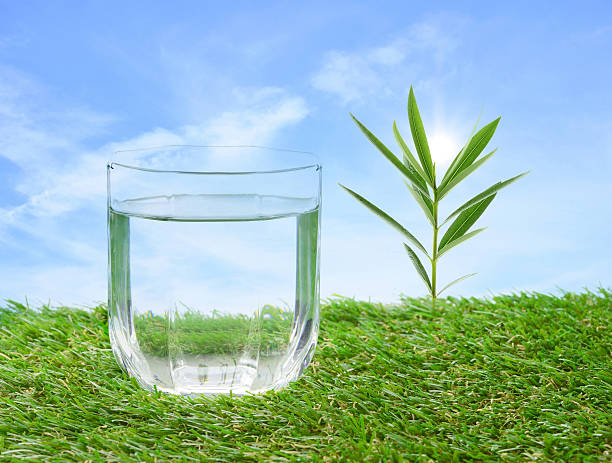
Families, who are planning to buy a water purifier should pay attention! Water purifiers can bring us healthier, safer drinking water, but there are five important considerations that must be understood before you buy one.
First, Know more about the water quality at home
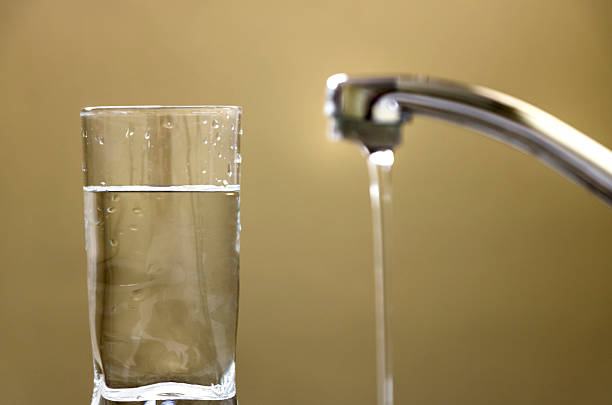
Water quality varies greatly from region to region, some places have hard water, some may have heavy metal pollution and other issues. Understanding the water quality at home is the first step in the purchase of water purifiers. You can check your local water quality report, consult your neighbors, or use a simple water quality testing tool to initially determine the water quality of your home. For example, if the water contains more calcium and magnesium ions, the water quality is hard, which may leave scale on the water-boiling appliances; if you suspect heavy metal pollution, you can observe the color and smell of the water. Only after understanding the water quality of the home, you can be more targeted to choose the right water purifier.
Second, choose the right water purifier
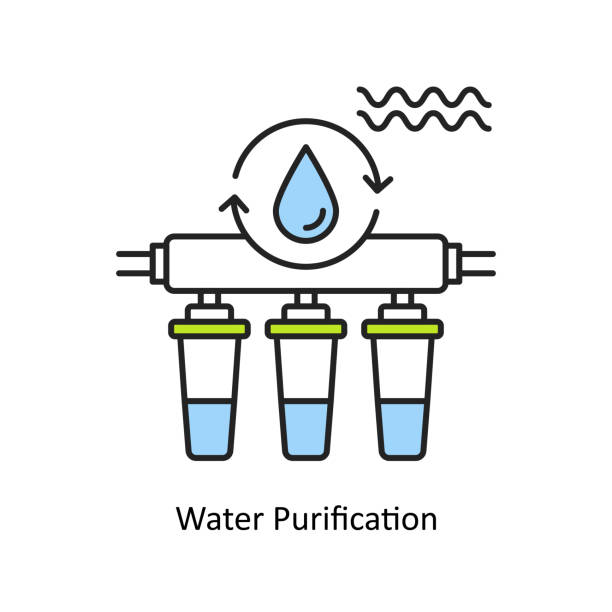
There are many types of water purifiers on the market, with different installation methods such as desktop, kitchen type, and different filtration principles and functions. When choosing a water purifier, consider the actual needs of the family and the use of the scene. If space is limited, you can choose a compact desktop water purifier; if you want to not take up counter space, you can choose an under-the-kitchen water purifier. At the same time, it is also necessary to consider the filtration effect of the water purifier, water output, whether it needs to be heated and other functions. For example, for families with babies, you may need to choose a water dispenser with a large volume of water that can quickly brew milk powder; for people who like to drink tea, water purifiers with heating functions will be more convenient.
Third, according to the water quality to choose ultrafiltration, nanofiltration, RO water purifier
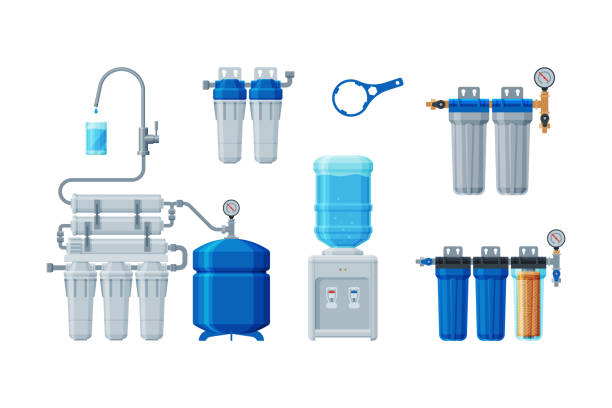
The filtration technology of water purifier mainly has three kinds of ultrafiltration, nanofiltration and RO reverse osmosis. Ultrafiltration water purifier can filter out rust, sand, colloids and other impurities in the water; nanofiltration water purifier filtration accuracy between ultrafiltration and RO reverse osmosis, can remove heavy metals and organic matter; RO reverse osmosis water purifier has the highest filtration accuracy, can remove almost all the impurities in the water, including heavy metals, organics, bacteria, and viruses, and so on, to get is pure water. If the water quality at home is good, you can choose ultrafiltration or nanofiltration water purifier; if the water quality is poor, or the water quality requirements are high, it is recommended to choose RO reverse osmosis water purifier.
Fourth, to understand the after-sales maintenance costs
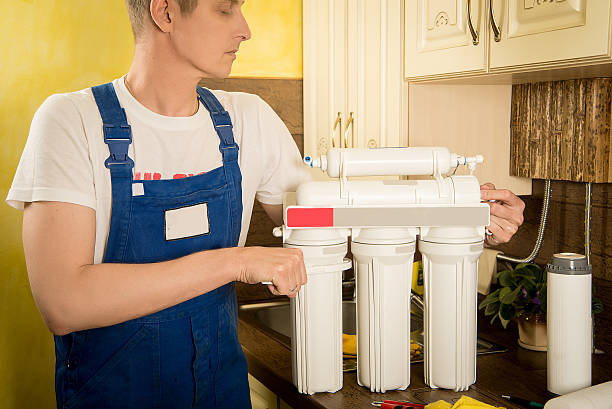
Water purifier is not a one-time consumption, the later need to replace the filter and other maintenance work. In the purchase of water purifiers, be sure to understand the after-sales maintenance costs. Different brands, different models of water purifier cartridge prices and replacement cycles are different. Generally speaking, the higher the price of the cartridge, the shorter the replacement cycle, the higher the after-sales maintenance cost. In addition, it is also important to understand the quality of after-sales service, such as whether to provide door-to-door installation, maintenance and other services, as well as the response speed of the service. Choosing a water purifier brand with reasonable after-sales maintenance costs and good service quality can make us more worry-free in the process of using it.
Fifth, choose a qualified water purifier
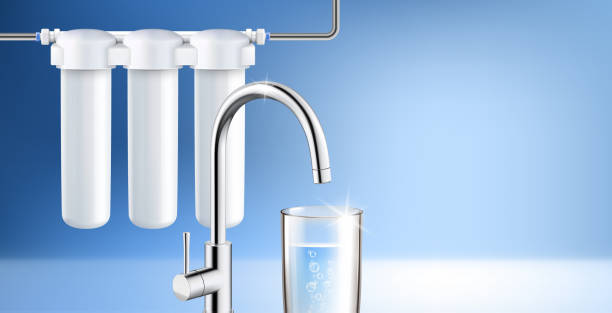
Finally, be sure to choose a qualified water purifier. Qualified water purifier should have the certification mark of the relevant state departments, such as health license approvals. When buying a water purifier, you should choose to buy through regular channels to avoid buying fake and shoddy products. At the same time, you can check the brand reputation of the water purifier, user reviews, etc., to understand the quality and performance of the product. Choose a qualified water purifier to ensure the safety of our drinking water.
Buying a water purifier requires us to seriously consider these five considerations and make adequate preparations in order to choose a water purifier that is suitable for our family and protect our healthy life.
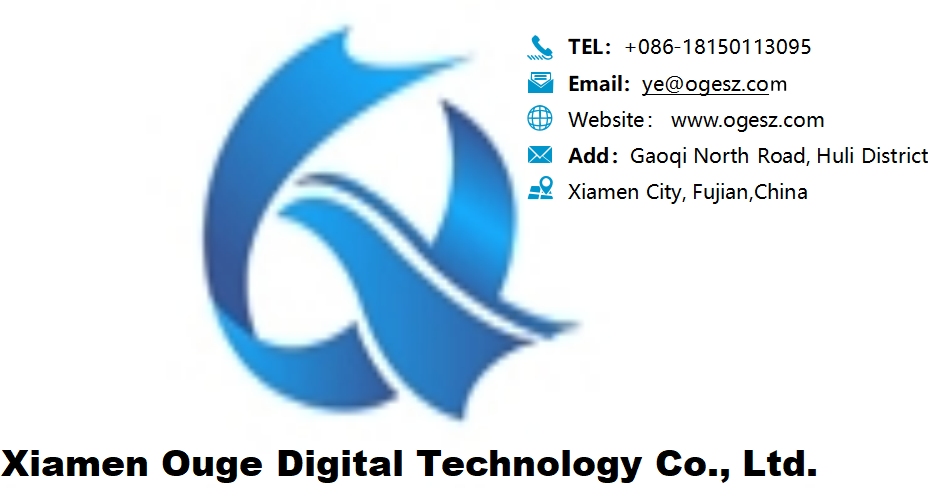







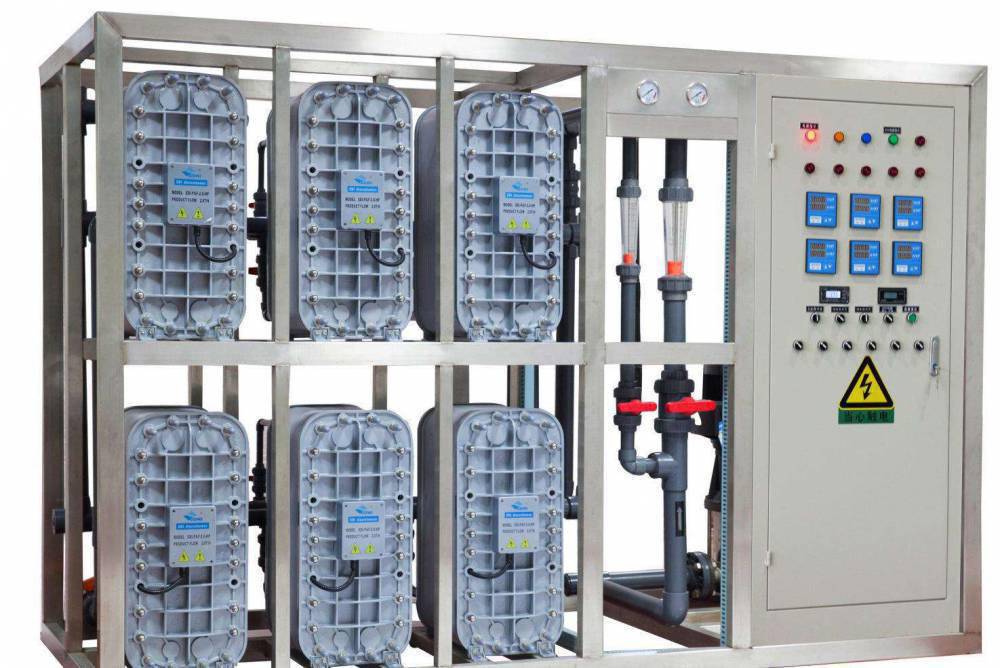 What is EDI Electrodeionization Technology? Reverse Osmosis + EDI vs Traditional Ion Exchange: Your Ultimate Selection Guide!
What is EDI Electrodeionization Technology? Reverse Osmosis + EDI vs Traditional Ion Exchange: Your Ultimate Selection Guide!
 Classification Summary of Various Membranes
Classification Summary of Various Membranes
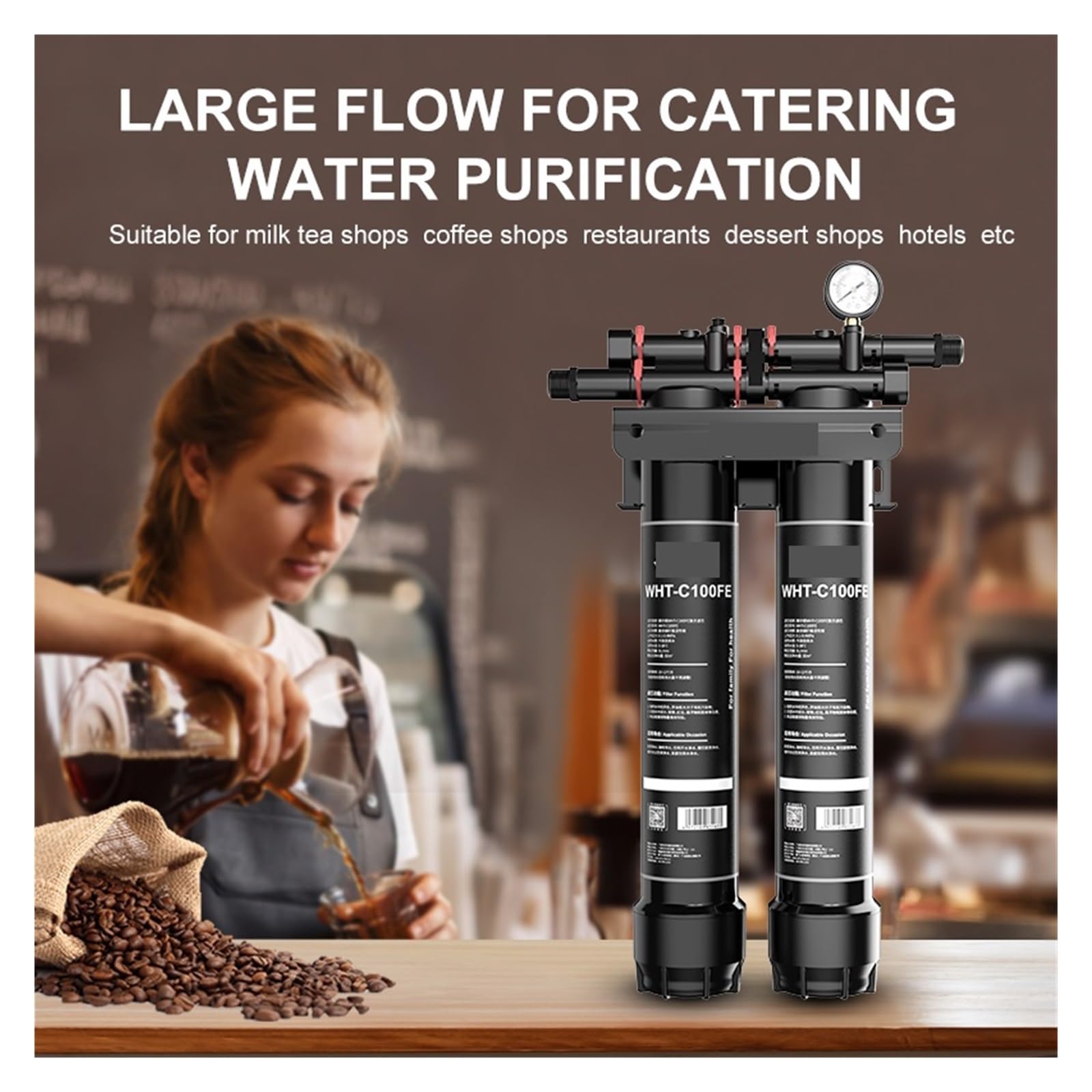 These “Water Purification Basics” You Should Know!
These “Water Purification Basics” You Should Know!
 TDS values, RO membranes... How much do you really know about those technical terms in water purifiers?
TDS values, RO membranes... How much do you really know about those technical terms in water purifiers?